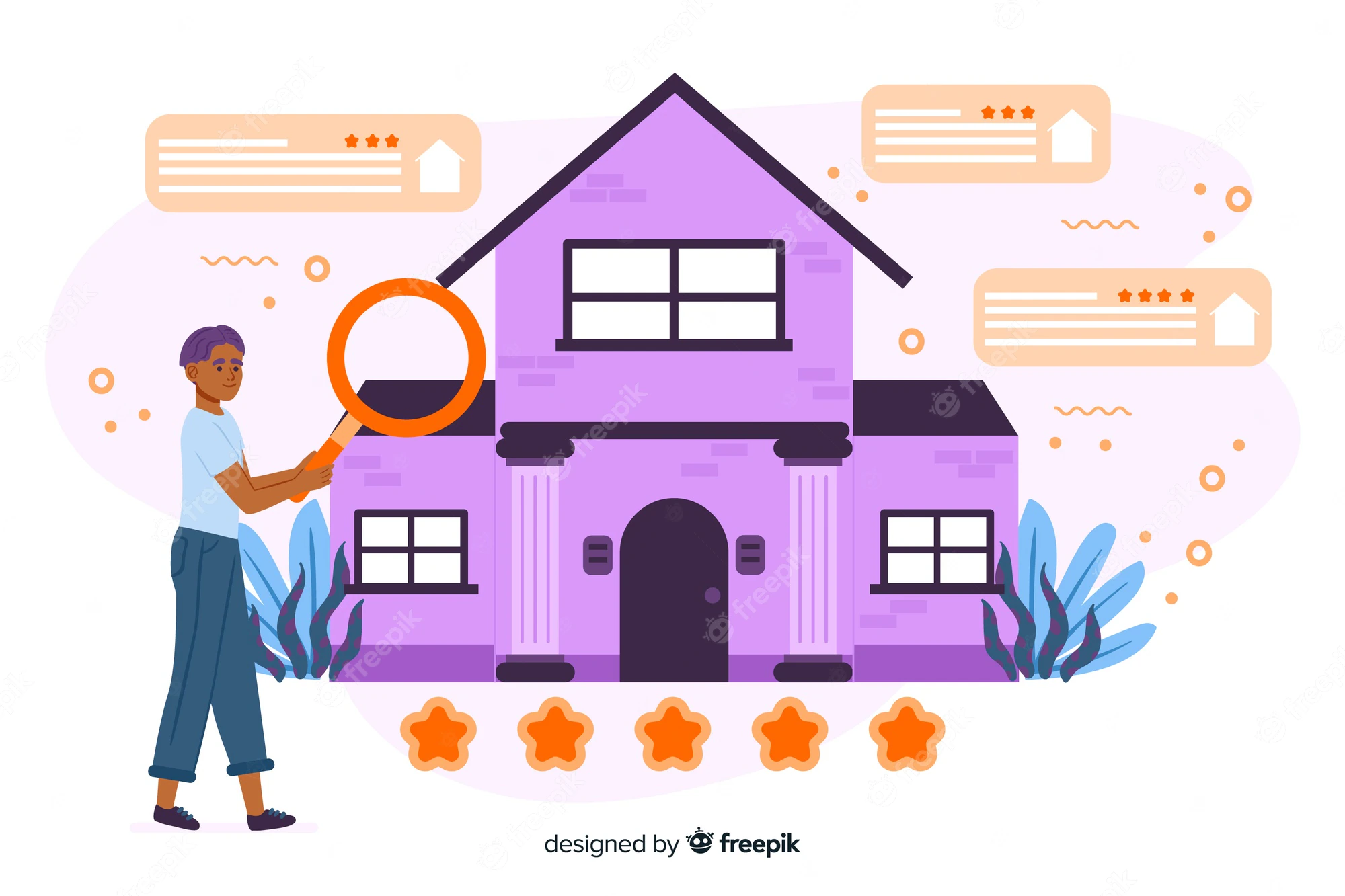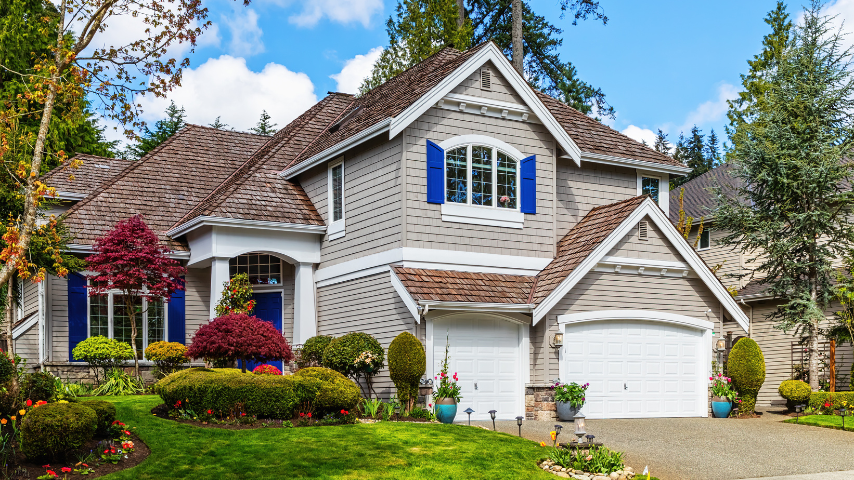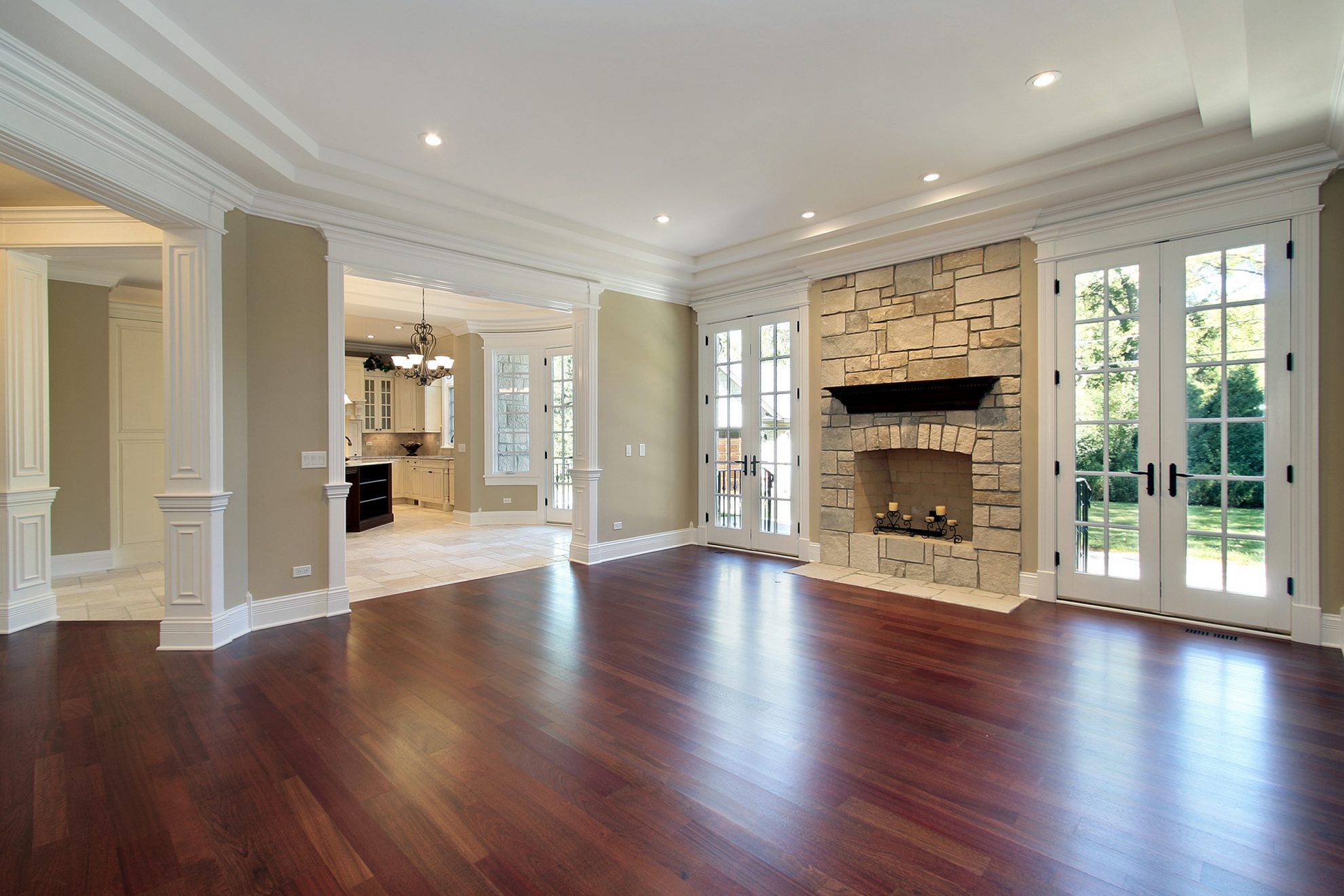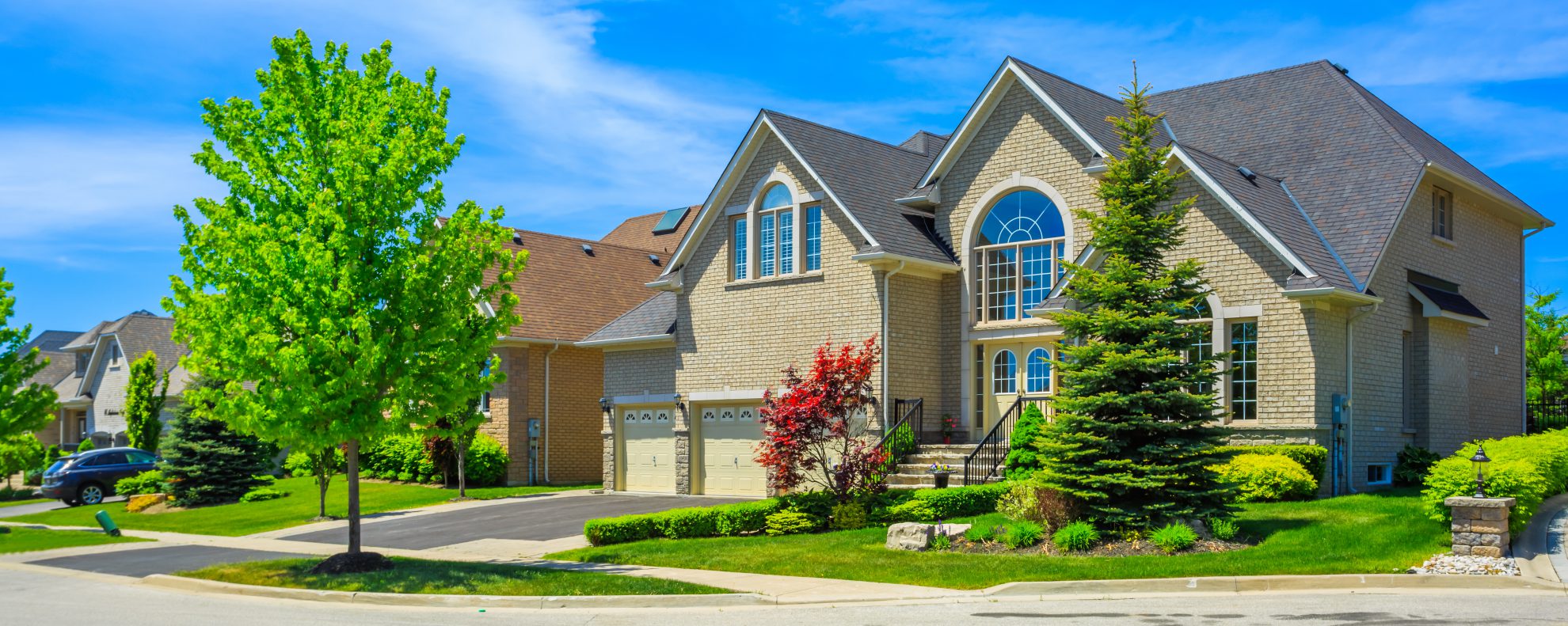Deciding between renting vs. buying a house is a significant decision that can have long-lasting effects on your financial health, lifestyle, and personal goals. This comprehensive guide will help you understand the key differences between renting and buying a house, so you can make an informed decision that suits your unique needs. We’ll cover various aspects, including financial considerations, flexibility, stability, and maintenance responsibilities, to help you make the best choice for your future.
1. Financial Considerations
1.1. Cost of Renting
Renting a house offers more predictable monthly expenses, as you know your housing costs upfront. This amount is specified in your lease agreement, allowing you to plan your budget accordingly. Renting also eliminates the need for a large down payment, which is often required when purchasing a home. However, keep in mind that rent prices can increase over time, especially if you live in an area without rent control policies.
1.2. Cost of Buying
Buying a house comes with several upfront costs, such as down payment, closing costs, and moving expenses. Additionally, homeownership entails ongoing expenses like property taxes, homeowners insurance, and maintenance costs. While mortgage payments can sometimes be lower than rent payments, the overall cost of homeownership may still be higher in the long run.
1.3. Equity and Appreciation
One significant advantage of buying a house is the potential for building equity and benefiting from property appreciation. As you pay down your mortgage and your property’s value increases, your net worth can grow over time. On the other hand, renting does not offer the opportunity to build equity, as your monthly payments go towards your landlord’s mortgage instead of your own.
1.4. Tax Benefits
Homeowners may qualify for certain tax benefits, such as the mortgage interest deduction and property tax deductions. However, these benefits are only applicable if you itemize your deductions, which may not be advantageous for all taxpayers. Renters do not receive these tax benefits but can still claim the standard deduction available to all taxpayers.
2. Flexibility and Commitment
2.1. Renting
Renting offers greater flexibility, as you can easily move once your lease term ends without the hassle of selling a property. This can be beneficial if you have a career that requires frequent relocation or if you prefer to explore different neighborhoods before settling down. However, renting also carries the risk of having to move unexpectedly if your landlord decides to sell the property or increase rent significantly.
2.2. Buying
Buying a house provides more long-term stability and a sense of permanence. However, it also comes with a higher level of commitment, as selling a property can be time-consuming and costly. Homeownership may not be the best choice for those who value flexibility and the ability to move on short notice.
3. Maintenance and Repairs
3.1. Renting
One significant advantage of renting is that your landlord is typically responsible for property maintenance and repairs. This can save you time, effort, and money in the long run. However, you may have limited control over when and how repairs are carried out, and you may have to deal with delays or subpar workmanship.
3.2. Buying
As a homeowner, you are responsible for all maintenance and repairs, which can be time-consuming and costly. On the other hand, you have full control over the quality and timeline of the work, and you can make improvements or modifications as you see fit. Maintaining your property well can also contribute to its long-term appreciation.
4. Personalization and Control
4.1. Renting
When renting a property, your ability to personalize and make changes to the space may be limited. Landlords often restrict modifications, such as painting walls or installing fixtures, and you may need permission for any significant alterations. This can make it challenging to create a space that truly feels like your own.
4.2. Buying
Owning a home gives you the freedom to personalize and modify your living space as you please, without seeking permission from a landlord. This can provide a greater sense of ownership and satisfaction, as well as the opportunity to create a home tailored to your specific needs and preferences.
5. Stability and Security
5.1. Renting
Renting can offer less stability and security compared to homeownership. As a renter, you may face the possibility of having to move unexpectedly due to changes in your landlord’s plans or financial situation. Additionally, rent increases can make it difficult to plan your long-term finances and may lead to financial strain.
5.2. Buying
Buying a house provides a more stable and secure living situation, as you have control over your housing expenses and can plan for the long term. Homeownership also offers a sense of emotional security, knowing that you have a permanent place to call your own.
6. Investment Potential
6.1. Renting
While renting does not offer the opportunity to build equity, it can still be a wise financial decision in certain situations. Renting may allow you to invest the money you would have otherwise spent on a down payment or mortgage payments into other investment vehicles, such as stocks, bonds, or retirement accounts.
6.2. Buying
Buying a house can be a good investment if property values appreciate over time. However, as with any investment, the performance of your real estate investment depends on various factors, such as location, market conditions, and property maintenance. It’s essential to consider the potential risks and rewards of homeownership before making your decision.
7. Market Conditions
The housing market can play a significant role in determining whether renting or buying is the better choice. In a buyer’s market, where housing prices are low and inventory is high, purchasing a home may be more advantageous. Conversely, in a seller’s market, where prices are high and inventory is low, renting may be the more cost-effective option. It’s essential to monitor local market conditions and trends closely to make the best decision for your situation.
8. Lifestyle Factors
Your personal lifestyle preferences and priorities may also influence your decision to rent or buy a house. For example, if you value having access to amenities such as a pool, gym, or communal spaces, renting an apartment or condo may be the better choice. On the other hand, if you prefer a more private living situation and appreciate having a yard or outdoor space, homeownership may be more suitable.
9. Future Plans
When deciding whether to rent or buy, it’s essential to consider your long-term plans and goals. If you anticipate significant life changes, such as getting married, having children, or changing careers, renting may provide the flexibility you need to adapt to these changes. On the other hand, if you have a stable career and plan to stay in the same area for the foreseeable future, homeownership may be the better choice.
10. The Emotional Aspect
Finally, it’s crucial to acknowledge the emotional aspect of the decision to rent or buy a house. Homeownership can bring a sense of pride, accomplishment, and emotional attachment that renting may not provide. However, it’s essential to weigh these emotional factors against the practical considerations discussed throughout this guide to make the best decision for your unique situation.
In conclusion, the decision to rent or buy a house depends on various factors, including your financial situation, lifestyle preferences, and personal goals. By carefully considering each aspect and weighing the pros and cons, you can make an informed decision that aligns with your needs and sets you up for long-term success.









